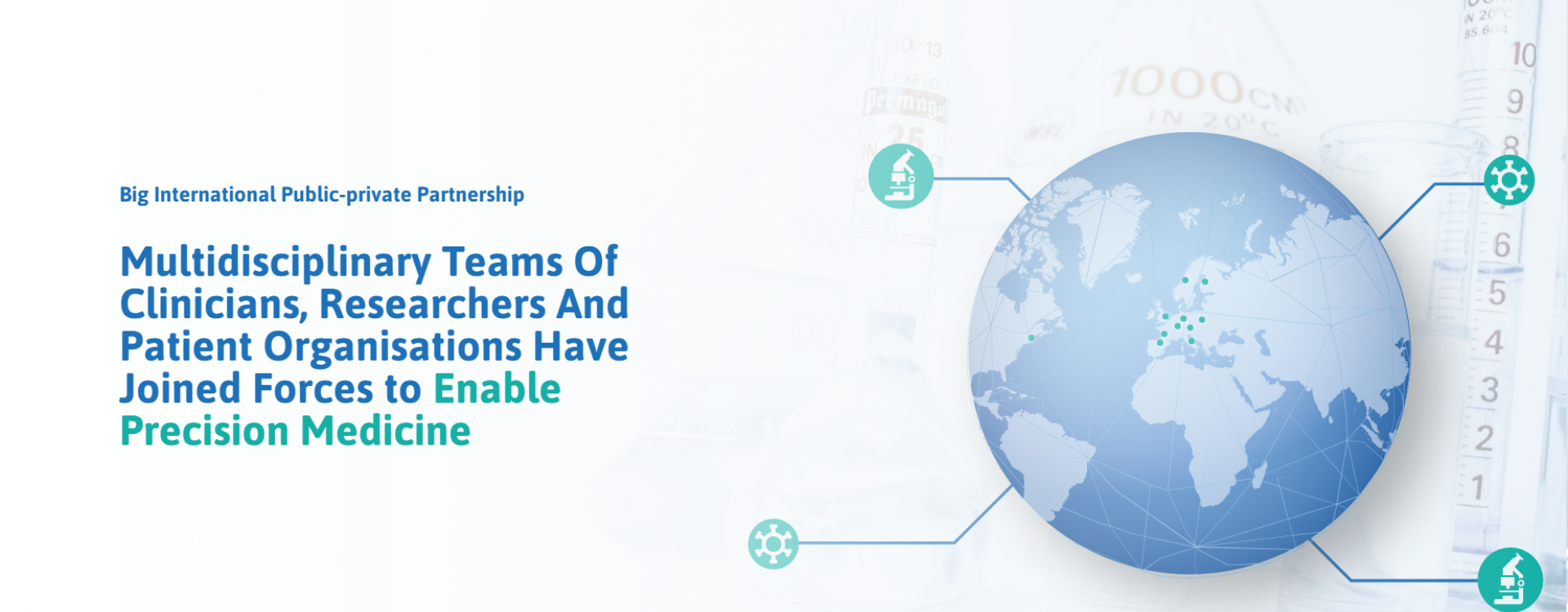Tampereen korkeakoulusäätiö/Tampere University
The Tampere university community’s areas of priority are technology, health and society. Our Faculty brings together research expertise in medicine, biosciences and technology and is committed to generating new knowledge and solutions that promote health and wellbeing and benefit both individuals and the broader society. Our research interests focus on biomaterials, biosensors, immunology, clinical medicine, tissue engineering, computational systems, imaging, and cell and molecular biology.
GrecoLab is interested in studying the effects of various types of chemical exposure on biological systems, and their primary mechanism of action. GrecoLab primarily focuses on modelling the effects of a new class of compounds, the engineered nanomaterials (ENMs), by interrogating multiple molecular districts of the exposed systems, using omics technologies. We then systematically integrate these layers of information with exposure outcomes and the intrinsic properties of the exposures. Advanced bioinformatics analysis is used to achieve two goals: 1) infer the complex underlying molecular networks, relating intrinsic exposure properties and phenotypic effects, to define pathways of toxicity; 2) find robust predictive integrated models that can help to predict the toxicity of the exposure. GrecoLab also uses well established approaches in modern toxicology, namely the QSAR (quantitative structure-activity relationship) models, and the read across. In addition, chem-bio interactions are also modelled by novel approaches, where both the intrinsic signature and the biosignature of the exposures are considered. Further, the intrinsic and molecular signatures of the exposures are systematically exploited in two directions: I) to explain mechanisms of human pathogenicity, explored in the frame of molecular epidemiology; II) to predict novel therapeutic possibilities, in the field of precision and personalized medicine.
Role within BIOMAP
In the BIOMAP project, GrecoLab leads the WP2 on topics related to data management and analytics. Our specific goals are to ensure multi-omics data sets preprocessing, homogenisation and integration as well as formulating predictive models of disease subtypes and therapeutic efficacy.



